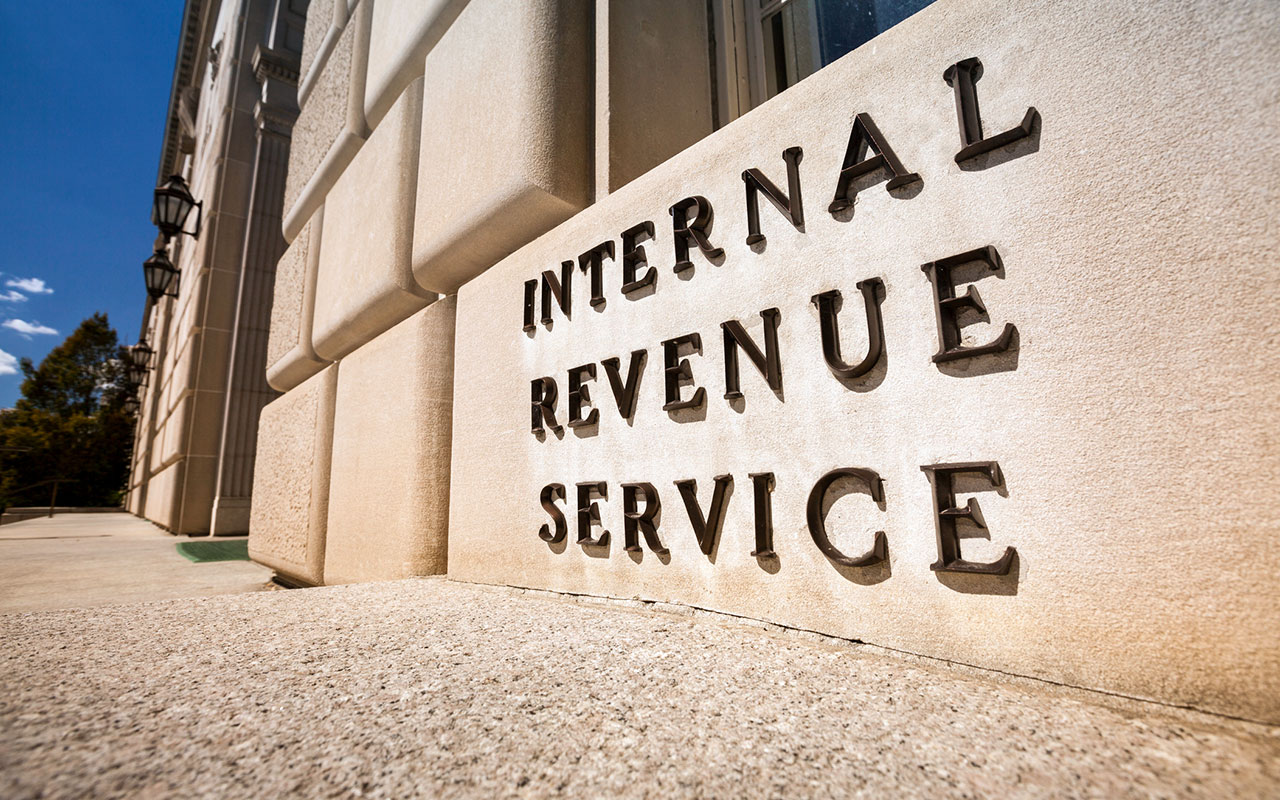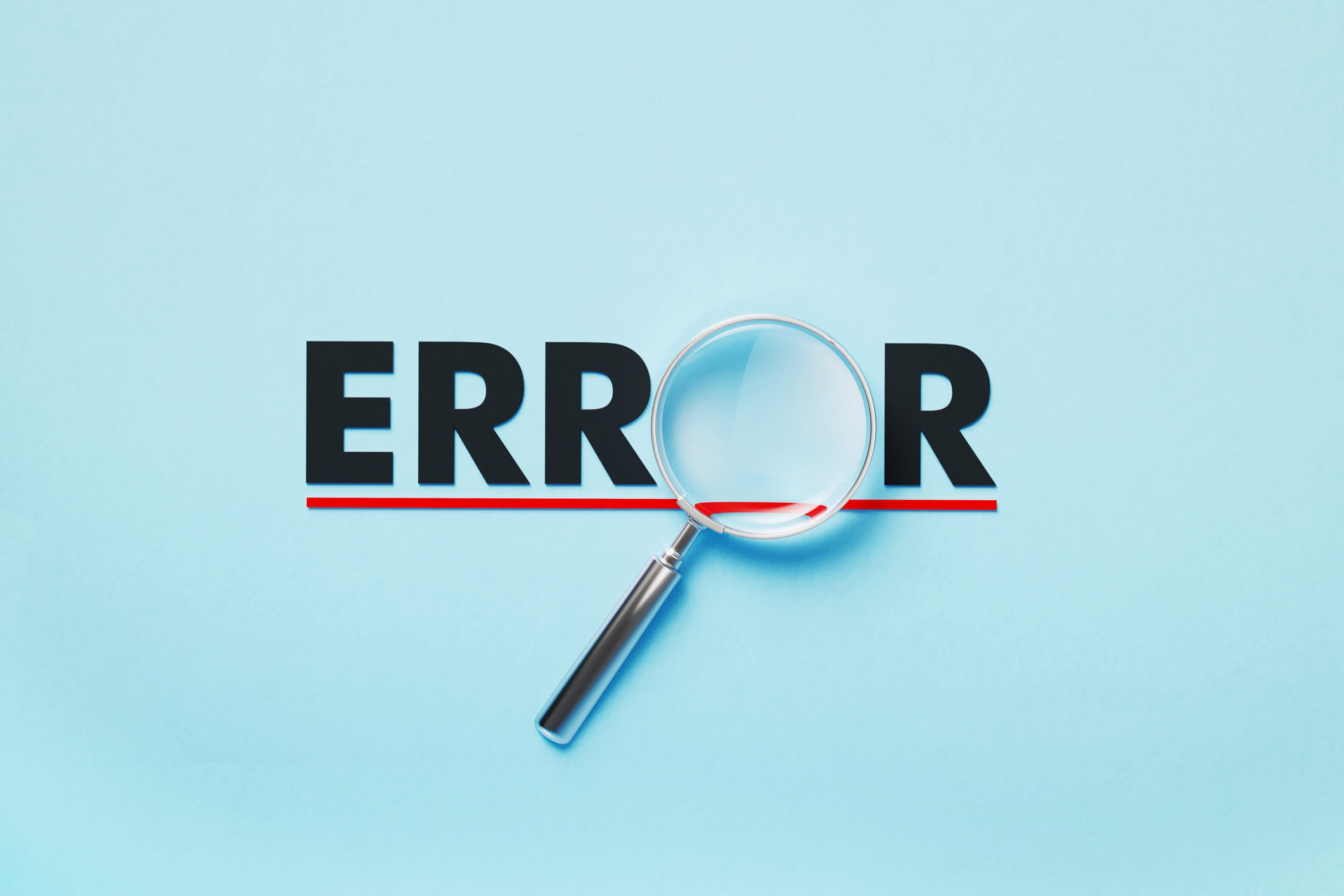Are the Rich Paying Their Fair Share of Taxes? How About You?
How does your tax bill compare to millionaires and billionaires? Our handy tool will tell you where you rank as a taxpayer.

We're hearing a lot lately about creating a more fair and equitable tax system. President Biden and many Congressional Democrats want to tax the rich more heavily and make them pay their "fair share" of taxes. The long list of recent proposals to increase taxes on wealthier Americans include raising the top income tax rate from 37% to 39.6%, eliminating the lower capital gains tax rates for higher-income taxpayers, auditing more rich people, and eliminating various tax breaks for people making at least $400,000 per year. Although none of these changes have been enacted so far, you can be sure that there are a lot of lawmakers in Washington right now who are trying to raise taxes on the rich.
But what about you? Are you paying your "fair share" of the nation's tax burden? Do you even have the faintest idea what portion you pay...beyond a gnawing feeling that it's too darn much? Are you in the top 1%, 5%, 10%, 25% or 50%...or the bottom 50% of income earners?
To help you answer these questions, we created a tool to show how the nation's taxable income and the country's federal income tax bill are distributed among its citizens. Our tool uses the latest IRS data to shine a bright light into what are too often murky shadows.

Sign up for Kiplinger’s Free E-Newsletters
Profit and prosper with the best of expert advice on investing, taxes, retirement, personal finance and more - straight to your e-mail.
Profit and prosper with the best of expert advice - straight to your e-mail.
We also show you how your own income stacks up against that of your fellow Americans. That will make it easier to see if the rich are paying their fair share of taxes.
Are you ready to see where you fit in? With the calculator below, simply enter a single number from your latest tax return, and you'll instantly know the answer. Then have a little fun and see how it compares to what a millionaire might pay. That should help you make up your own mind as to whether the rich are paying their fair share of taxes.
A Look at the Big Picture
The latest numbers from the IRS — based on data from 2019 tax returns — show what it takes to be among the top 1% of income earners: At least $546,434 of adjusted gross income (AGI). That's $6,425 more than it took to buy into this rarified status a year earlier. The 1.4 million or so returns reporting this elite income status accounted for approximately 20% of the total AGI reported on 2019 returns.
That's right. One percent of taxpayers reported about one-fifth of all income. And that same tiny group kicked in roughly 39% of all the federal income taxes paid.
How much do you need to make to be in the top 50% of earners? Just $44,269.
Fall below that level, and you're in the bottom half, along with about 74 million of your fellow taxpayers. All told, that group earned just 11.5% of the AGI reported on 2019 federal returns. And they paid just over 3% of all the income taxes paid.
These income and tax-burden breakdowns come from information reported on 2019 individual income tax returns. Income categories are based on AGI, which is basically income from taxable sources minus certain deductions — including deductible contributions to traditional IRAs and HSAs, alimony paid and student loan interest — but before subtracting either the standard deduction or itemized deductions. Check out the table below to get an overhead view of who pays what when it comes to federal income taxes.
| Income Category | 2019 AGI | Percent of AllIncome | Percent of IncomeTaxes Paid |
| Top 1% | Over $546,434 | 20.14% | 38.77% |
| Top 5% | Over $221,572 | 35.93% | 59.44% |
| Top 10% | Over $154,589 | 47.30% | 70.81% |
| Top 25% | Over $87,917 | 68.82% | 86.65% |
| Top 50% | Over $44,269 | 88.51% | 96.94% |
| Bottom 50% | Below $44,269 | 11.49% | 3.06% |
Source: Internal Revenue Service
(Note that these figures include only federal income taxes. According to Treasury Department estimates, most wage earners will pay more in payroll taxes — Social Security, Medicare, and unemployment taxes — than they do in income taxes.)
Get Kiplinger Today newsletter — free
Profit and prosper with the best of Kiplinger's advice on investing, taxes, retirement, personal finance and much more. Delivered daily. Enter your email in the box and click Sign Me Up.
-
 6 Stunning Waterfront Homes for Sale Around the US
6 Stunning Waterfront Homes for Sale Around the USFrom private peninsulas to lakes, bayous and beyond, Kiplinger's "Listed" series brings you another selection of dream homes for sale on the waterfront.
By Charlotte Gorbold Published
-
 Six Reasons to Disinherit Someone and How to Do It
Six Reasons to Disinherit Someone and How to Do ItWhether you're navigating a second marriage, dealing with an estranged relative or leaving your assets to charity, there are reasons to disinherit someone. Here's how.
By Donna LeValley Published
-
 Ask the Editor: Taxes, April 11, 2025
Ask the Editor: Taxes, April 11, 2025Ask the Editor In our Ask the Editor series, Joy Taylor, The Kiplinger Tax Letter Editor, answers questions related to IRAs and other retirement accounts.
By Joy Taylor Published
-
 Free IRS Tax Filing for 30 Million People: Will It Continue Under Trump?
Free IRS Tax Filing for 30 Million People: Will It Continue Under Trump?Tax Filing Direct File was piloted last year in 12 states and has since expanded to 25. But some wonder whether the program will last under the Trump administration.
By Gabriella Cruz-Martínez Last updated
-
 Taxpayer Revolt? Why More People Are Avoiding Filing Taxes This Year
Taxpayer Revolt? Why More People Are Avoiding Filing Taxes This YearTax Season It may be tempting to skip filing due to the overwhelmed IRS, but doing so could have financial and legal consequences.
By Kelley R. Taylor Last updated
-
 U.S. Treasury to Eliminate Paper Checks: What It Means for Tax Refunds, Social Security
U.S. Treasury to Eliminate Paper Checks: What It Means for Tax Refunds, Social SecurityTreasury President Trump signed an executive order forcing the federal government to phase out paper check disbursements by the fall.
By Gabriella Cruz-Martínez Published
-
 IRS Layoffs Spark Delays, Doubt This Tax Season
IRS Layoffs Spark Delays, Doubt This Tax SeasonTax Season Tax experts say Trump’s downsizing of the IRS is already causing problems.
By Gabriella Cruz-Martínez Last updated
-
 DOGE Gains More Grip on IRS Amid Leadership Reshuffle
DOGE Gains More Grip on IRS Amid Leadership ReshuffleIRS The IRS acting chief counsel was recently removed from his role, adding to the chaos at the federal tax agency. Here’s what it means for you.
By Gabriella Cruz-Martínez Published
-
 Trump’s Latest Pitch: No Taxes If You Earn Less Than $150K?
Trump’s Latest Pitch: No Taxes If You Earn Less Than $150K?Taxes The Trump administration reportedly wants to eliminate taxes for certain earners.
By Gabriella Cruz-Martínez Last updated
-
 Don’t Make These Five Mistakes on Your Tax Return
Don’t Make These Five Mistakes on Your Tax ReturnTax Filing The IRS warns taxpayers to watch out for these common errors as they prepare to file.
By Gabriella Cruz-Martínez Published